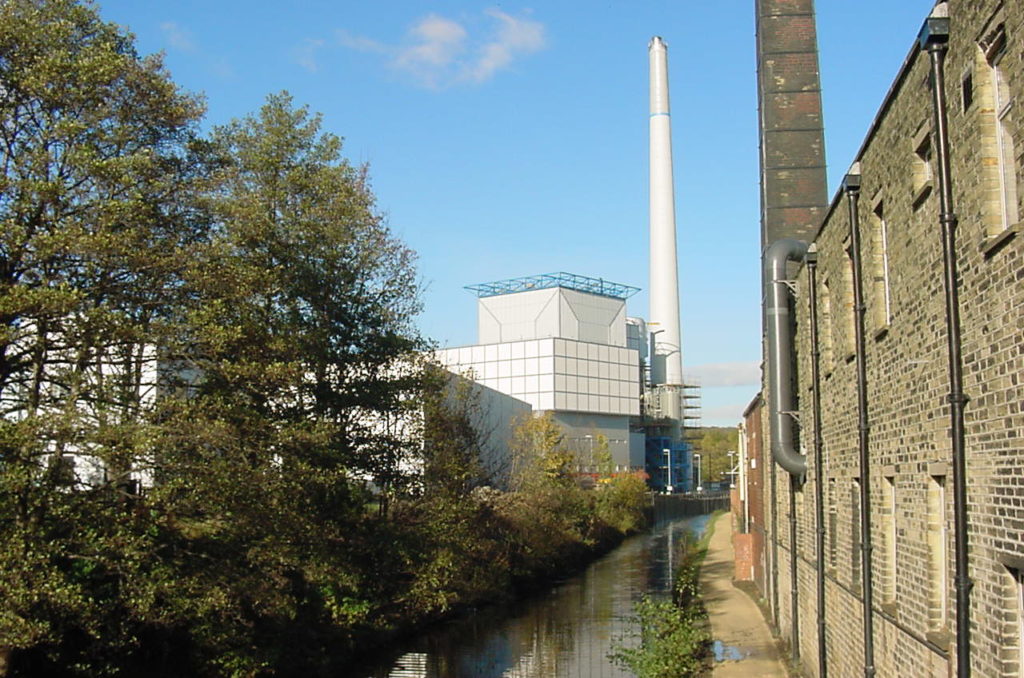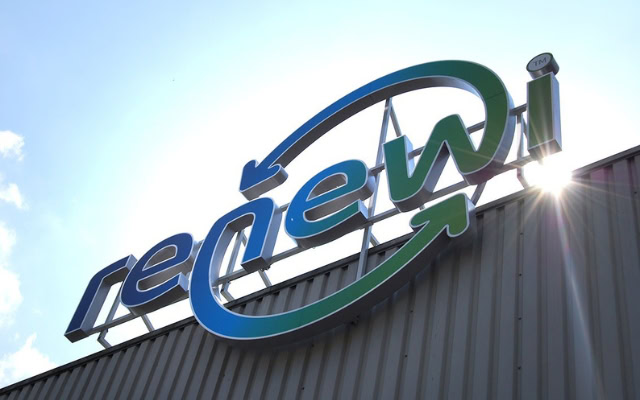The aggregates levy is intended to encourage the use of recycled aggregate and other alternatives to freshly extracted aggregate, as well as to promote the efficient extraction and use of aggregates, to reduce environmental damage.

It is levied on rock, sand or gravel on their first extraction as well as on processed products. However, certain materials and production processes were exempted from paying the levy because they produce aggregate as a by-product, or because their products are able to replace other freshly extracted aggregates.
Debate over whether the levy is legal under EU State Aid law has rumbled on since April 2012, when the Commission ruled that the planned exemptions involved no state aid within the meaning of EU rules because they were justified by the logic of the tax.
In March 2012, the EU General Court annulled the Commission’s first decision on the British aggregates levy.
After the annulment, the Commission reassessed the case and concluded in July 2013 that some of the exemptions and reliefs from the aggregates levy involved no state aid, as they were not selective.
Exemptions
At the same time, the Commission opened an in-depth investigation into the remaining exemptions.
The Commission has now found that only the exemption for shale and spoil for shale extraction is not justified. This is because shale is the only exempted material that is deliberately extracted to produce aggregates.
Exempting shale and spoil for shale extraction from the aggregates levy therefore would not contribute to the environmental objective of the tax, the Commission has concluded.
The ruling raises the possibility that any businesses that have benefited from the exemption for shale and spoil for shale may have to reimburse HMRC.
Commissioner Margrethe Vestager, in charge of competition policy, said: “We have made sure that exemptions from the British aggregate levy will benefit only those materials and extraction processes that contribute to an environmental objective. We want to maximise consumers’ welfare and this is only possible if competition and environmental policy stay together.”
In the wake of the latest ruling, the British Aggregates Association, which has long argued against the Levy, claimed that the conclusion on shale extraction raises questions over the foundations of the levy itself.
The Association has indicated that it intends to take legal advice on the issue and will support any businesses faced with bills from HMRC.
In a statement, the organisation said: “Under State aid law, a large number of companies across the country who have been selling shale aggregates could now be faced with AGL bills going back to 2002 plus compound interest.
This ridiculous situation is the direct result of the government’s failure to accept that the Aggregates Levy was flawed, something that the BAA has been pointing out with some force since well before the case first went to court in 2002.”







Subscribe for free